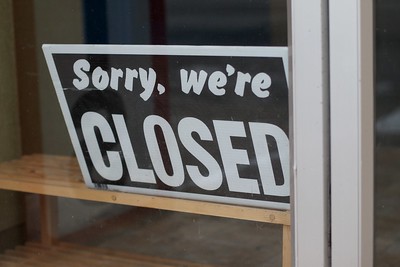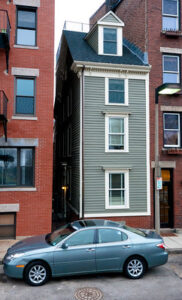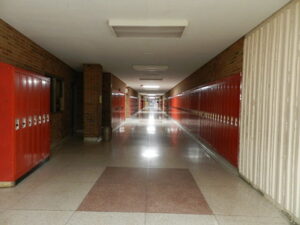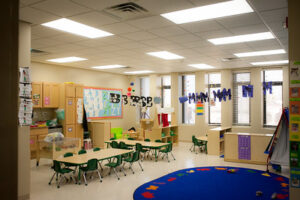New York University researchersreleased a study last month showing that a parent’s job insecurity in a child’s first six years of life has a profound and lasting impact. The researchers studied what they termed “precarious employment,” which features low-wage work, inconsistent work schedules, and significant job insecurity. These characteristics of employment closely correlate with poverty.
The researchers conducted a longitudinal study of children born in 2000 whose parents experienced precarious employment in their children’s preschool years. The consequences were dramatic. The children were likely to remain impoverished through adulthood, received a lower-quality education and experienced more mental health issues. Subsequently, as adults, they are primed to repeat the cycle of poverty and job insecurity they experienced as children.
In the study, which examined nearly 11,000 families, the researchers found that although many new parents are employed, they suffer significant job insecurity. As a result, the researchers concluded that nearly half of all American families are at risk of falling into poverty in their children’s preschool years.
Breaking the cycle of poverty includes countermeasures to combat job insecurity. These include education and childcare, along with other social supports. Researchers believe that stabilizing interventions will significantly lessen the long-term impact of poverty.
WCC administration ignores the impact of job insecurity on student parents
This study underscores the devastating impact that closing the Children’s Center will have on low-income families in Washtenaw County. It’s obvious that closing the campus childcare center was an expedient solution to address traffic issues generated by the Washtenaw Technical Middle College.
WTMC students and their impact on the campus consumed a significant portion of the Master Plan discussion. It was very clear that the Administration prefers the “seen but not heard” philosophy when it comes to minors. The Master Plan called for WCC to build an extension to the BE Building for WTMC. That clearly fell through, so the Administration merely appropriated the Children’s Center instead.
Since its inception, WTMC has generated something in the neighborhood of $100M very reliable dollars for Washtenaw Community College. It is not so much a nuisance as it is a necessity. But as necessary as WTMC is for a community college administration that seems to have trouble controlling its spending, the Children’s Center was a necessity for student-parents trying to escape the cycle of poverty and job insecurity.
Replacing the Children’s Center with childcare subsidies is far worse than insufficient. Rather than solving a problem, it raises insurmountable barriers to completing an education and eliminates the opportunity to escape poverty.
Nice job, ladies. Well done.
Photo Credit: Alan Levine , via Flickr.

















